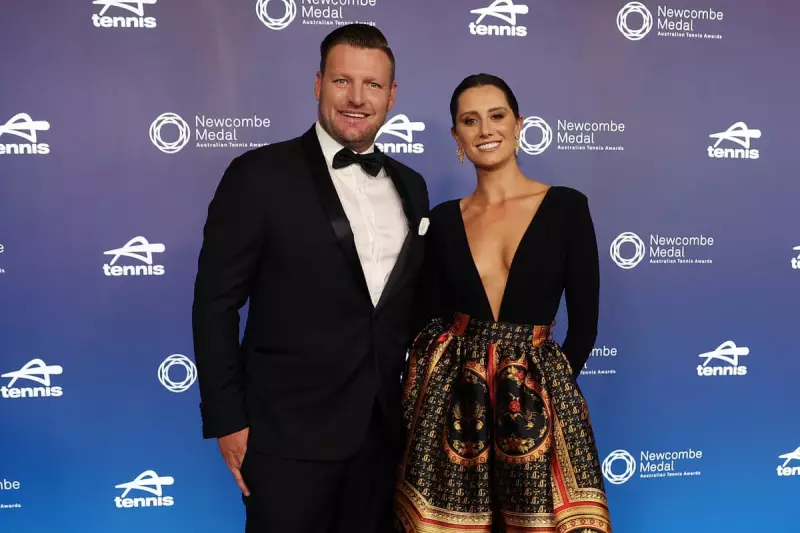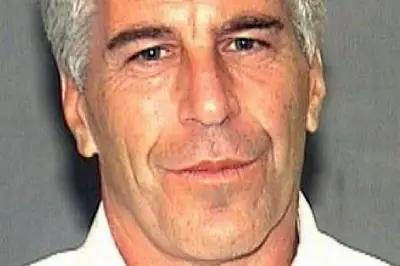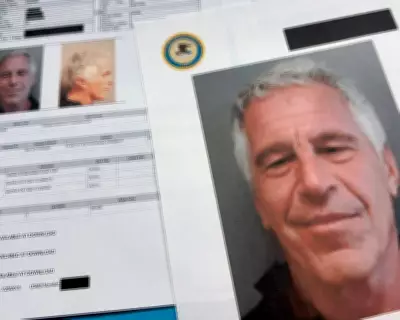
Former Australian tennis champion turned political candidate Sam Groth has launched a scathing attack on News Corporation, accusing the media giant of deliberately targeting his marriage in what he describes as strategic political attacks rather than legitimate journalism.
Personal Becomes Political
Groth, who is making his bid for political office, claims stories about his relationship with wife Brittney Groth are being framed as "not idle gossip" by News Corp to justify their publication. The former athlete turned Liberal candidate insists these pieces represent a calculated attempt to undermine his campaign through personal attacks.
A Pattern of Behaviour
In his statement, Groth highlighted what he sees as a disturbing trend in political coverage. "When media organisations claim stories about personal relationships aren't just gossip, they're attempting to legitimise what are essentially character assassinations," he argued.
The controversy raises important questions about where the line should be drawn between legitimate public interest and unnecessary intrusion into politicians' private lives. Groth maintains that unless personal relationships directly impact a candidate's ability to perform their duties, they should remain off-limits.
The Media Defence
News Corp publications have defended their coverage, suggesting the stories about Groth's marriage go beyond mere celebrity gossip. However, critics argue this justification creates a slippery slope where almost any aspect of a public figure's personal life could be deemed "relevant."
Groth's case highlights the increasing tension between political candidates and media organisations in an era where personal scrutiny has become increasingly intense. His background as a high-profile athlete means he's no stranger to media attention, but he claims political journalism operates by different, often more invasive, rules.
Broader Implications
This confrontation comes at a time when public trust in media is increasingly fragile. The debate touches on fundamental questions about media ethics, the right to privacy, and what voters genuinely need to know about those seeking public office.
As Groth continues his political campaign, this clash with one of Australia's most powerful media organisations serves as a stark reminder of the challenges facing public figures transitioning into politics. The outcome may well set precedents for how personal relationships are treated in future political coverage.





